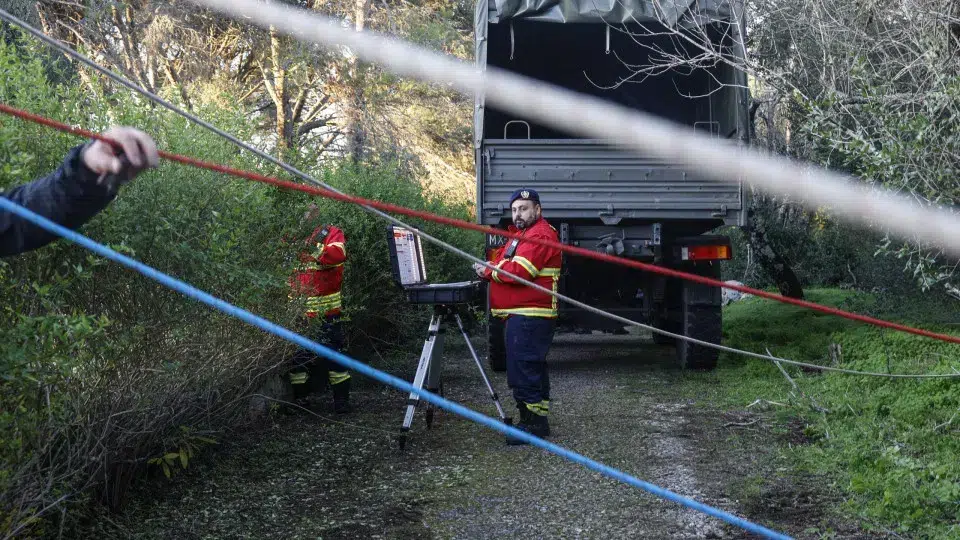
The testimony of the 20-year-old mother was heard behind closed doors after she expressed to the panel of judges that she felt inhibited from making statements with others in attendance, disclosed the presiding judge, Cabral Fernandes, following her hearing.
“The court deemed it justified to clear the room to hear the defendant’s testimony,” explained Fernandes when the session was reopened.
He informed the attendees and the media that the defendant, in her testimony, “fully confessed, almost without reservations, to the facts” she is accused of.
The young woman is accused of attempting to murder her son twice between December 31, 2024, and January 2, 2025, while the baby was in intensive care at Coimbra Pediatric Hospital due to health issues stemming from a genetic disorder causing developmental, intellectual, and physical impairments, frequent respiratory infections, and brain and skeletal abnormalities.
On two separate occasions, the defendant placed cotton and paper balls in the trachea’s ventilation tube, causing, on the second attempt, a cardiorespiratory arrest in the victim.
Following her full confession, witnesses related to the case were excused, and the trial proceeded immediately to closing arguments.
The defense attorney acknowledged the severity of the crime but emphasized the need to consider the circumstances under which the crimes occurred.
“We cannot deny or forget that this woman confessed to the facts, nor can we ignore that she has no criminal record and was motivated by various fears evident in her statements,” she noted.
The attorney recalled the defendant’s fear that the child would not develop “within normal standards” and argued that her actions were a “misguided attempt at mercy or to spare the child suffering.”
Though this does not diminish the severity of the defendant’s actions, it helps “to understand what was happening in her mind, linked to an undiagnosed depression,” she asserted, trusting the court to administer justice that considers the context of the alleged crimes.
The prosecutor representing the public interest described the defendant as having an “unbalanced and unstable personality,” highlighting that after the first attempt, she proceeded with a second attempt to take her baby’s life.
The prosecutor contended that the defendant attempted to end the baby’s life “out of selfishness, not compassion,” and refuted claims of postpartum depression or hormonal changes as the attempts occurred five months after delivery (according to the National Health Service website, postpartum depression affects “between 10 and 15% of mothers” and can emerge shortly before birth “and/or throughout the first year after birth”).
The prosecution argued there was “a lack of value for her son’s life” and coldness in her actions, advocating for a sentence of actual imprisonment for the defendant.




